Today, 25 years ago, the country was thrown into mourning after the shocking death of mercurial footballer, Samuel Sochukwuma Okwaraji.
The sad event occurred at the main bowl of the National Stadium, Surulere, Lagos, during a 1990 World Cup qualifier between Nigeria and Angola.
In this first instalment, TheCable brings you stories and pictures from the trip, over the weekend, to Owerre-Umudioka in Orlu local government area of Imo state – the village of Sam Okwaraji, who, although dead, is not forgotten.
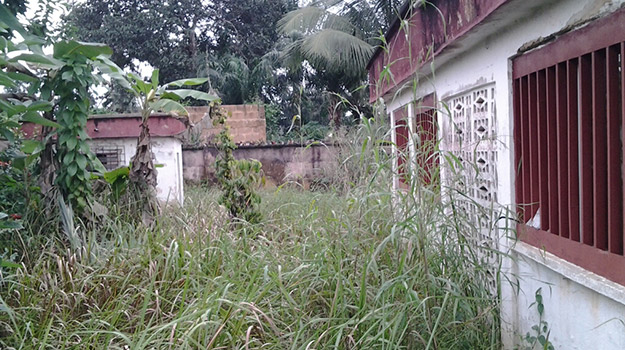 Umudioka – the village within a town
Umudioka – the village within a town
Advertisement
Think of Abeokuta and a bit of Benin City then you have a picture of Orlu in mind. But Owerre-Umudioka, our destination, is a village!
A single-carriage road, like the centre line of a football pitch, divides the village in two parts. Buildings dot both sides of the road with more hidden behind the bushes.
It is a peaceful-looking village but then motor cycles, bicycles and cars plying the road honk their horns intermittently to add ‘life’ to the environment. Some people are seen inside the few beer parlours on the road. Some are patronising the few odds-and-ends stores around. Recharge card kiosks are not left behind. There’s even a pool house for napping and perming of football league results!
Advertisement
A few metres down the road is a sign welcoming you to Domas Hotel, the signpost we were told to look out for. It leads to the place we seek; we are reminded after we mistakenly drive past. We vie off the road to connect a bumpy road leading to the hotel. And then you look opposite it and behold the reason for the journey from Lagos – the family house and the mini-castle housing the remains of Sam Okwaraji.
Sam’s resting place wears a sorry look. Pictures speak louder than texts.
Sam Okwaraji’s Stadium without Sam Okwaraji
Advertisement
“The government of Achike Udenwa named a stadium after the great Sam Okwaraji as a way of immortalising his name,’’ executive chairman of Orlu local government area between 1996 and 1997, Chief Nnamdi Nze-Okeeobuteuzo, had told me when I paid him a visit in his home inside Eziachi Secondary School.
I would have missed my way to the stadium if I had not gone with a ‘son-of-the-soil’. No sign board. No statue of the soccer maestro.
“No problem about that,” says the traditional prime minister of Owelle-Umudioka, Chief Sir Adolphus Chigere, when I bring up the matter with him later in the day.
“We all know the stadium, which was formerly Orlu Township Stadium, is now called Sam Okwaraji Stadium.
Advertisement
“The governor himself came for the ceremony. But I agree that it was an oversight on our part not to have erected a board or even a statue in front of the stadium.’’
Still on the stadium…
Advertisement
‘’Rochas is working’’ a sign close to the stadium announces the efforts of the governor of Imo State. Inside the stadium tells another story, though. The gates are wide open for all and sundry; and that maybe explains why bushes and grasses are having a field day inside the compound.
Some plastic seats on the terraces have been converted to a goalpost by children playing five-a-side football. The wind has erased the divide between the VIP section and the ‘popular side’, as the roof over one section no longer fully covers it. The pitch – with patches of sand and over grown grass – is not FIFA-approved but alas, it is where a group known as All Stars and Friends (ASAF) trains every weekend.
Advertisement
“We train here every Saturday and sometimes on Wednesdays,” Chibuike Ogochukwu, the coordinator and a retired referee, said.
“We don’t have another place to go.”
Advertisement
Ogochukwu also corroborated the name of the stadium.
“Yes, this place is called Sam Okwaraji Stadium. I remember two years ago, a competition was played here in his memory,” he said.
An Okwaraji who doesn’t know Sam
Of course Vivian Okwaraji, a graduate of University of Nigeria, knows she has a late uncle called Sam, but that’s where the knowledge ends. She’s not aware of his soccer exploits neither is she aware he died on the pitch while playing for the country.
“I was young when he died, so I know next-to-nothing about him,” the 26-year-old says without an iota of regret.
“My parents are not around and I don’t spend much time here either. I am sorry I can’t be of much help to you.”
In Owerre-Umudioka, Vivian is in a minority. Thank God for that.
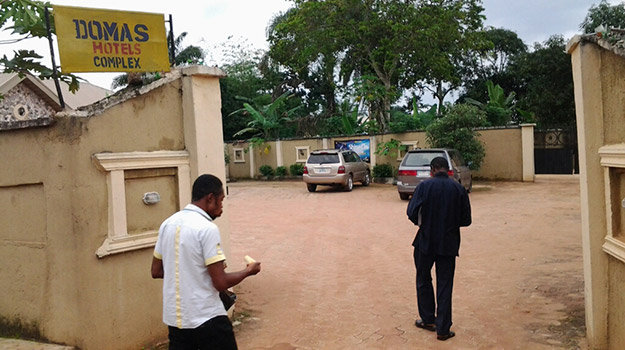 A ‘unique’ service from Domas Hotel
A ‘unique’ service from Domas Hotel
I was involved in so many aptitude tests while in search of a bank’s job after my Youth Service in year 2000. But no one, not even gurus who see GMAT and GRE, questions as piece of cake will know the answer to this question from the management of Domas Hotel in Owerre-Umudioka:
The words from the row below are connected in the similar way as the words on the upper row. Find out the word that completes the below row of words. Clue: The hotel is in a village.
Hotel, Wine, Lodging, Music…
a) Church service
b) Swimming pool
c) Food
d) All of the above
The clue was added to lure you in picking ‘b’. The answer is…’c’!
You naturally expect to find something to eat in a hotel right? Not so with Domas.
“The patronage is very low here,” said the hotel manager who I ‘hijacked’ as my tour guide.
“We cooked in the past but when we discovered that the majority of the food prepared gets spoilt because of low sales, we closed down the kitchen.
“We can get you noodles in one of the shops along the road and cook it for you, if you don’t mind.”
I thanked him and ordered for a bottle of big stout instead.
‘’He who brings kola brings life’’ – that I got from Chinua Achebe’s Things Fall Apart. But I got something more lucid from my trip to Owerre-Umudioka in Orlu.
“Kola nuts understand only the Igbo language,” Chief Nnamdi Nze-Okeeobuteuzo says while breaking the nuts and welcoming me into his home. Eze Edmund Chukwuemeka Nwosu the Okadike 1 of Owerre-Umudioka says something similar later.
I eat the ones broken in both places and keep the two unbroken ones despite the fact that my Ishan language and I don’t understand the language of kola nuts.
Still on kola nuts
The traditional ruler, Eze Edmund Chukwuemeka Nwosu the Okadike 1 of Owerre-Umudioka prays in Igbo language after the ceremony of kola nut breaking and sharing.
Heads are bowed, mine too pretending to understand what is being said. I hear Jesus Christ and look up to be sure I heard right. Sure it is the traditional ruler, praying in Jesus’ name. I say a loud amen to that.
I am taken to the family compound and because I had seen another ‘family compound’ earlier, I ask for clarification.
“Sam’s father, who worked for the Nigeria Airways, died in 1967,” the Obi Eze began.
“He was the first son of his father but since he died before his father, the second son became the first son and inherited the family house.
“That’s our tradition and not just ours, but the entire Igbo land. Sam’s mother and her children had to move away from the family house to where they are now opposite Domas Hotel.”
I consider that quite unfair and my new tour guard, the Okadike 1 of Owelle-Umudioka agrees to pass my concerns to the appropriate quarters.
“When I join my forefathers, I will tell them one journalist from Lagos said we should amend our tradition.”
My laughter is heard in heaven.
Tuco the driver
I sit between the driver and a plump woman on my way back to Lagos from Onitsha, where I stayed after my adventure in Orlu. Tuco, the driver, makes the journey memorable.
That’s not his real name – I don’t even know his real name – but I have decided to call him that after the character in that great western film, The Good, the Bad, and the Ugly.
I’m not sure he has seen the movie made in 1966, but it’s quite sad nobody, other than me, sees how fast he makes the sign of the cross. He makes the plus sign across the face when starting the engine of the bus after a stop for the call of the stomach or the bladder or his tank.
I don’t ask if he is Catholic. Nobody asked Tuco in the movie either.
4 comments
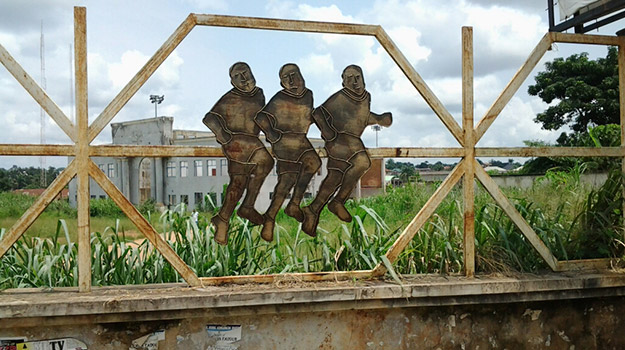
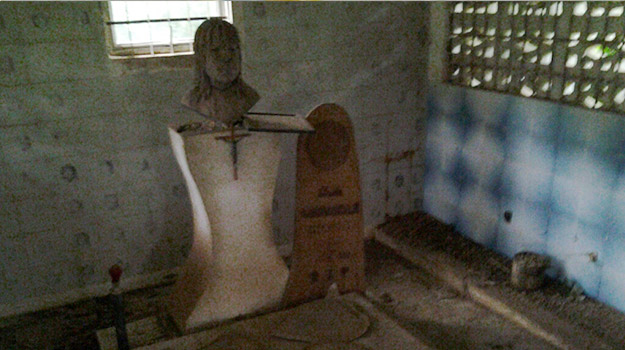
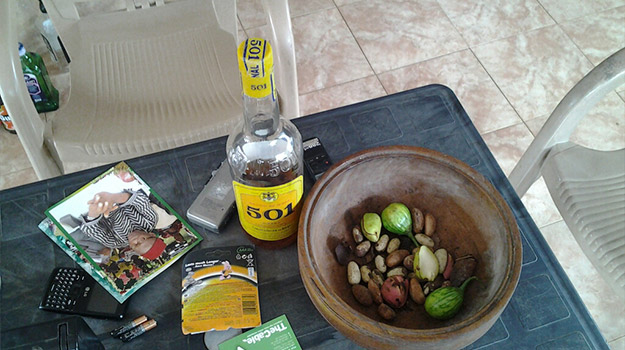
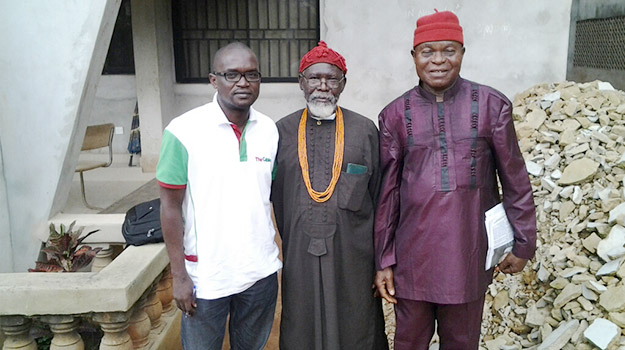

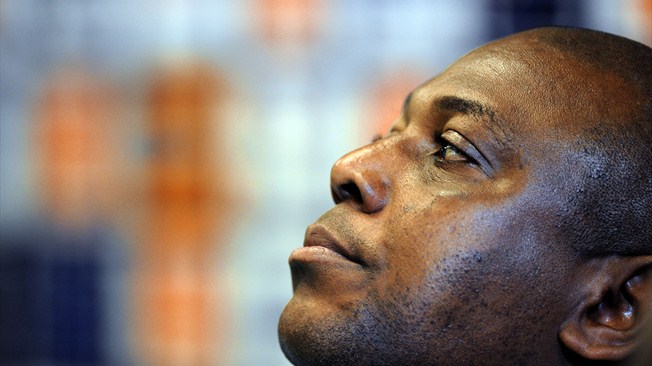
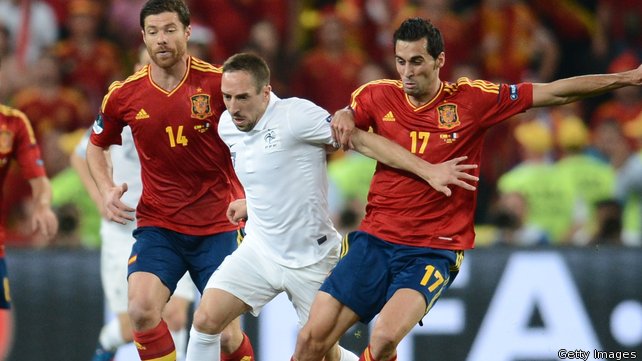
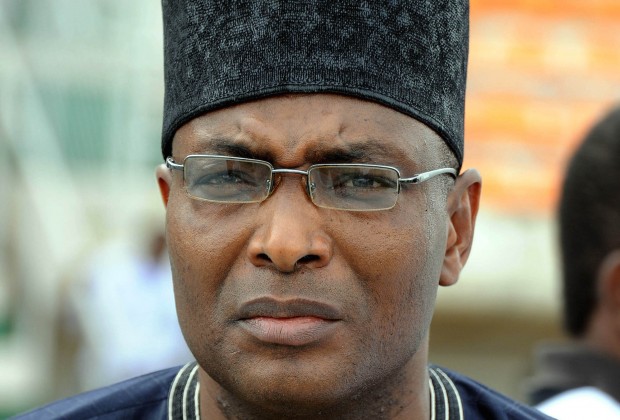

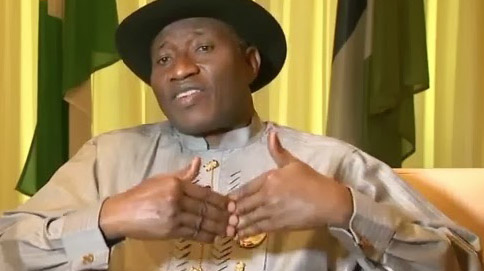
Good stuff man!waiting to see the remaining pictures and the blend of creative and free flow narratives
A master story teller. Investigative journalism.
VPS u would never stop amusing me with how u deliver punchline without throwing a jab ur writeup shows how humour and precision can be work in journalism
Guy, you try, thats a very brilliant advent